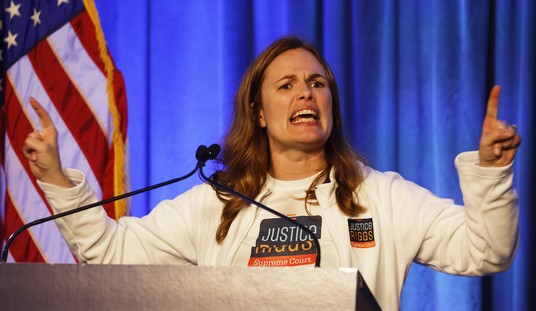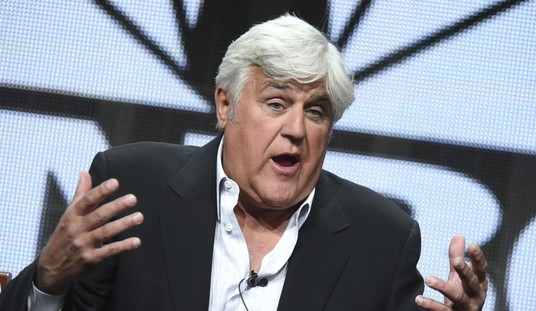Conservatives disagree as to whether the tax deal cut between the White House and Capitol Hill’s leaders is a good deal for America. Some conservatives argue that the new congress could have forced a long term deal on extending tax relief permanently for all Americans. Some conservatives are happy to get some tax relief before tax season starts on January 1st and believe that it is the best we could have received. The devil is in the details and watch for the deal to shift further to the left as every day passes.
The Senate is scheduled to spend the whole day on an impeachment trial for Judge G. Thomas Porteous. On Monday night, Senate Majority Leader Reid (D-NV) filed cloture on motions to proceed to the following items: S.3991, the Firefighters Collective Bargaining Act; S.3985, the Emergency Senior Citizens relief Act; S.3992, the DREAM Act; and, H.R.847, the 9/11 Health and Compensation Act. These votes are all scheduled for Wednesday and none are expected to pass, because all 42 Republicans have pledged to filibuster all legislation until extension of tax cuts and appropriations measures are considered by the Senate.
The House has 16 suspension bills scheduled for today. Cheers to Speaker of the House Nancy Pelosi (D-CA) for putting H.Res.1717 on the schedule to congratulate imprisoned Chinese democracy advocate Liu Xiaobo on the 2010 Nobel Peace Prize. The House is expected to send a Continuing Resolution to the Senate later this week funding the government to September 30, 2011.
The talk of the day will be on the compromise between the White House and Congress on extending some of the 2001/03 tax cuts and to extend unemployment benefits. Liberals are outraged because the President has agreed to keep taxes low, for 2 years, on job creators. Many conservatives worry that this deal may get worse when Speaker Pelosi and Senate Majority Leader Reid memorialize the agreement into legislative language.
The Heritage Foundation, my employer, writes that the details of the deal are not clear and the tax extensions are not permanent, yet this deal may help economic growth for the next two years.
While details are sketchy and ever-so-important, President Obama announced he has agreed to extend all the Bush tax cuts for two years, through 2012. The necessity of economic growth trumped the ideology of redistributionism, though the President did take plenty of jabs at the wealthiest Americans. The compromise also includes the unfortunate resurrection of the death tax, but at a less punishing rate of 35 percent combined with a $5 million exemption. Two things to remember as the debate turns over to Congress: keeping current tax policy is not a tax cut, it’s preventing a tax hike, and would let all Americans keep more of their own money. Since this isn’t a tax cut, it doesn’t need to be “paid” for. The unfortunate part of this compromise is that it is not a permanent extension which would have been far better for the economy.
Dan Mitchell over at CATO argues that this plan contains good, bad and ugly elements.
Compared to ideal policy, the deal announced last night between congressional Republicans and President Obama is terrible. Compared to what I expected to happen, the deal announced last night is pretty good. In other words, grading this package depends on your benchmark. This is why reaction has been all over the map, featuring dour assessments from people like Pejman Yousefzadeh and cheerful analysis from folks such as Jennifer Rubin.
Mitchell argues that the good “is the avoidance of bad things, sort of the political version of the Hippocratic oath – do no harm. Tax rates next year are not going to increase. The main provisions of the 2001 and 2003 tax acts are extended for two years – including the lower tax rates on dividends and capital gains.”
The bad is that “the burden of government spending is going to increase. Unemployment benefits are extended for 13 months. And there is no effort to reduce spending elsewhere to “pay for” this new budgetary burden. A rising burden of federal spending is America’s main fiscal problem, and this agreement exacerbates that challenge.”
The ugly is that “the deal includes all sorts of special-interest provisions. There are various special provisions for politically powerful constituencies. As a long-time fan of a simple and non-corrupt flat tax, it is painful for me to see this kind of deal. Moreover, the temporary nature of the package is disappointing.” Mitchell’s tone is spot on.
Russ Vought over at Heritage Action for America worries that this deal is a bridge too far for many conservatives.
In an attempt to extend current income tax rates for a measly two years, Senate Republicans are getting ready to cave on a year long fight to ensure that additional unemployment benefits are paid for, reinstate the death tax, renew the President’s welfare spending in the tax code (the Making Work Pay tax credit which is a subsidy to people who don’t pay taxes), and probably a number of other expensive odds and ends by the time the final package is finished. Plus, most troubling because it involves national security, Senate Republicans are proving amenable to building time into the schedule for the flawed New START if a tax deal goes through.
Vought also argues that if an agreement to raise the debt ceiling is part of this deal, conservatives should run away from it. The bottom line is that the negotiations have completed between the White House and Congressional Leaders. The real fight now begins to make sure that new provisions are not added by liberal leaders in Congress to make this package even more offensive to those conservatives who want to see this agreement lead to a permanent reduction of tax rates for all Americans.
Conservatives need to keep a close eye on the elites in Washington, DC to make sure that this deal doesn’t morph into a liberal wish list of additional spending items when Pelosi and Reid write it up and introduce the agreement as legislation.













Join the conversation as a VIP Member